

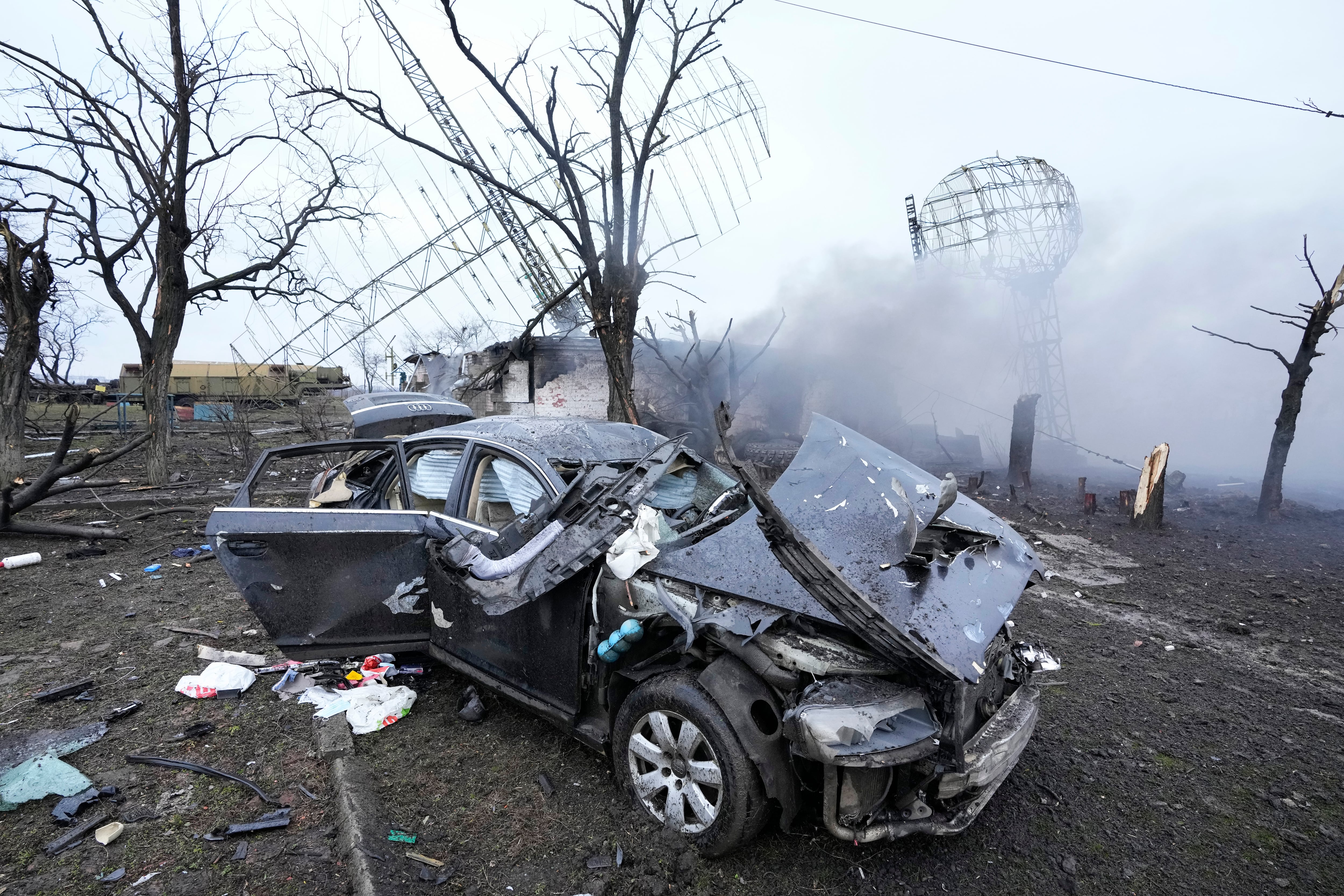
The failure of Russia’s missile war in Ukraine
Russia's missile attacks have, in the aggregate, failed to produce the kind of decisive strategic effects Moscow likely expected.

Opinion
How the US government can combat Russian disinformation on Ukraine
U.S. support could go a long way toward helping Balkan countries in their attempts to remain autonomous from Russia.

Cross-pollination on AI may be a way forward for US, China
In some cases, collaboration with Chinese developers could build better understanding of AI challenges.

Is ‘memory safety’ the killer use case for SBOMs?
The federal government — the country’s largest purchaser of software — will be using SBOMs to instruct security compliance for procurement.

How ‘Edge Semaphores’ can help solve interoperability challenges
Modern communications needs compact data packages, or “edge semaphores," that are concise, precise, interoperable and secure.

Addressing OT security under the National Cybersecurity Strategy
Lessons learned from modernizing IT won’t apply to OT because of the latter's unique operating requirements.

Joint Collaborative Environments can help stop foreign disinformation
The U.S. faces increasingly complex and sophisticated threats from foreign governments exerting malign influence.
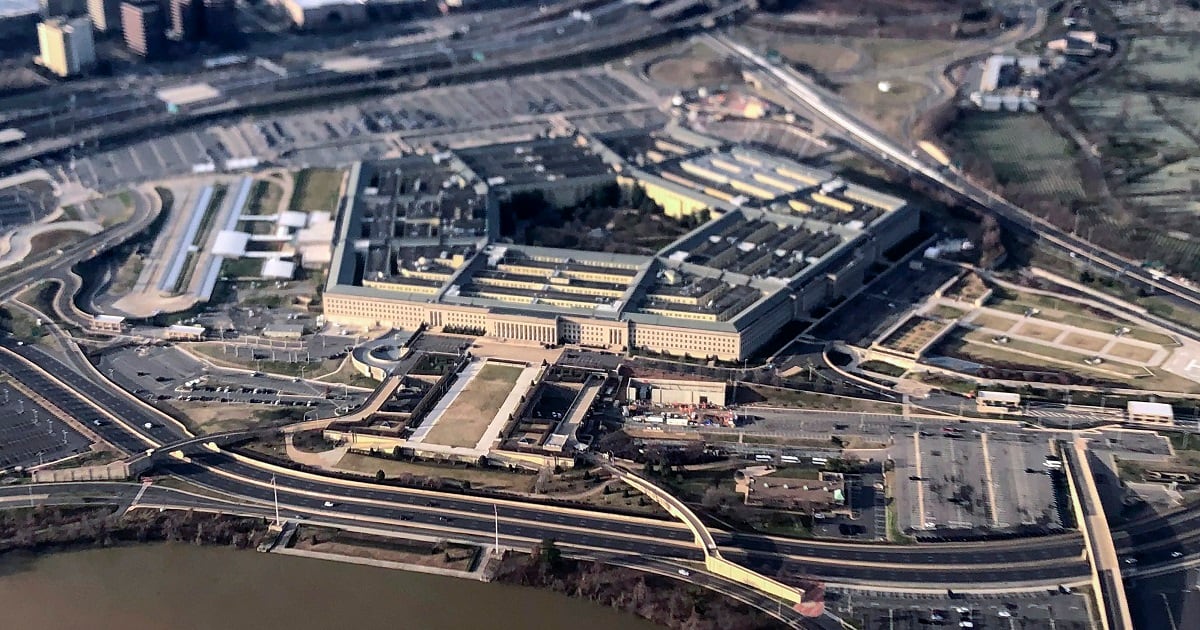
The US military must move beyond defense-reform theater
Zealous reformers continue to over-focus on weapons buys when hardware is increasingly the commodity.

US must be vigilant in developing military space capabilities
The space race is the great battle of the 21st century, and America must win it, the author argues.
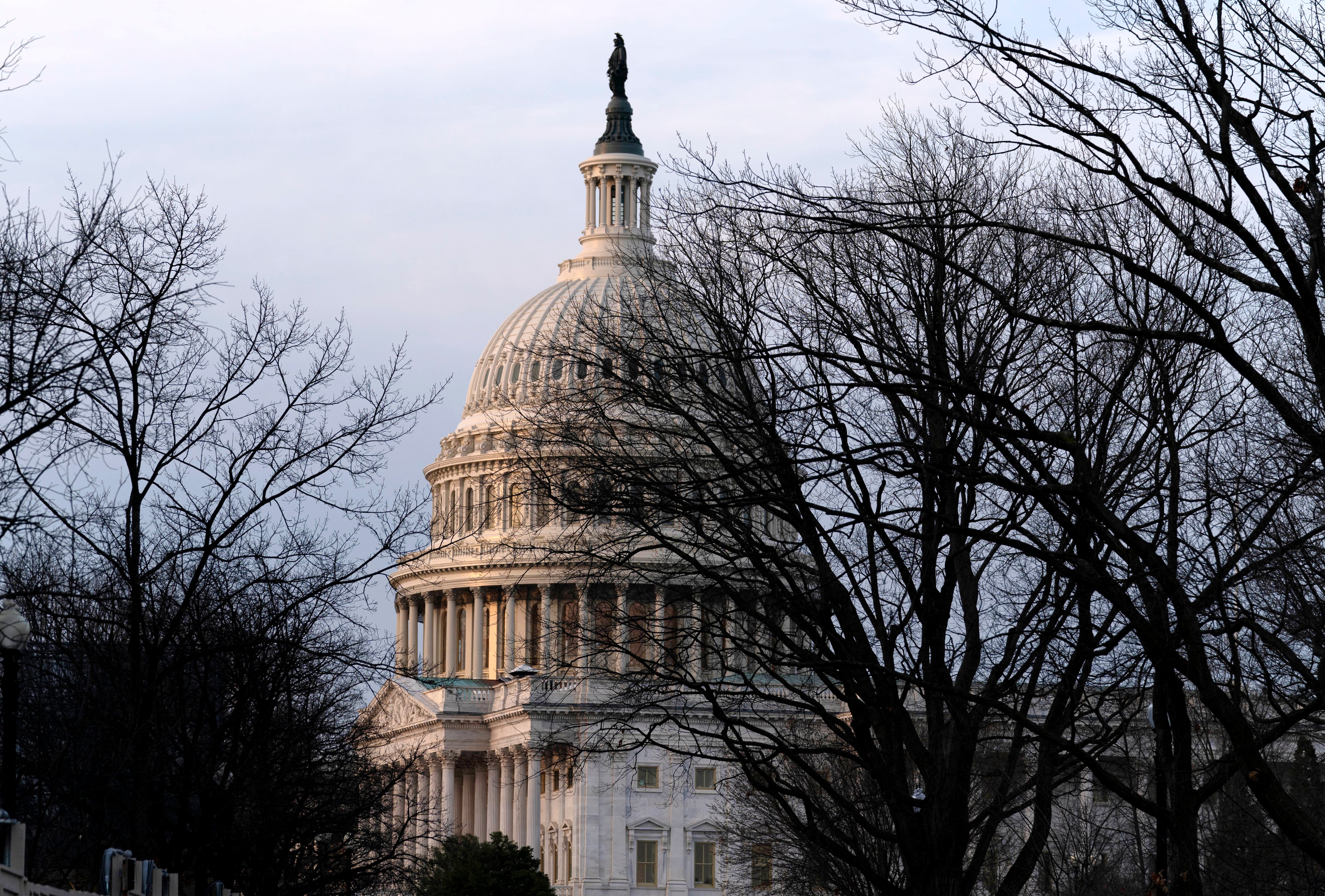
Congress is gearing up for fight over US arms transfers
Congress has never successfully stopped an arms sale.

How to accelerate innovation adoption at the Pentagon
Systemic barriers to innovation persist within the military’s acquisition system that prevent the adoption of emerging technology.
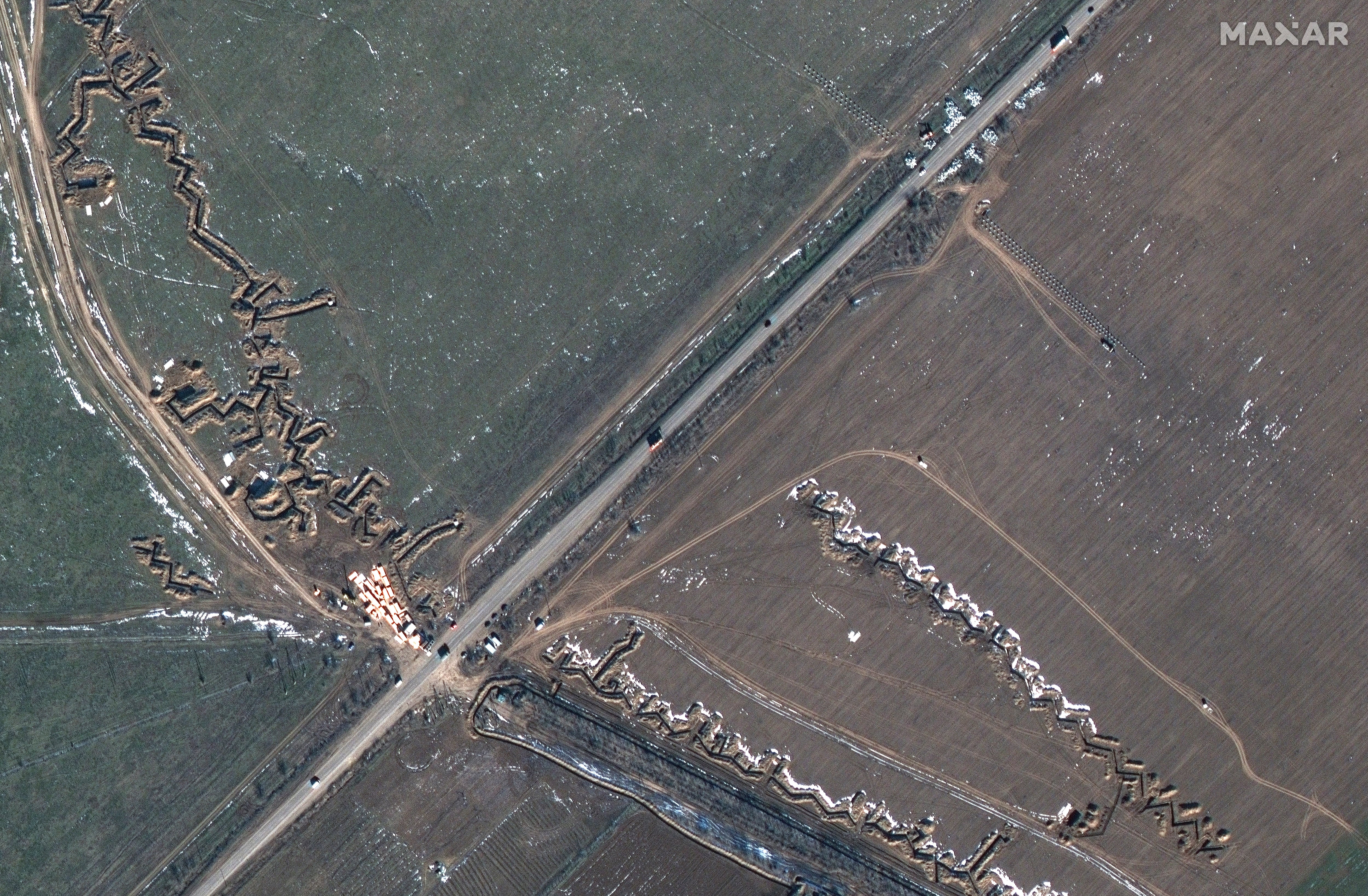
Space domain awareness, protection requires more space-based systems
Space-based surveillance has become increasingly affordable.
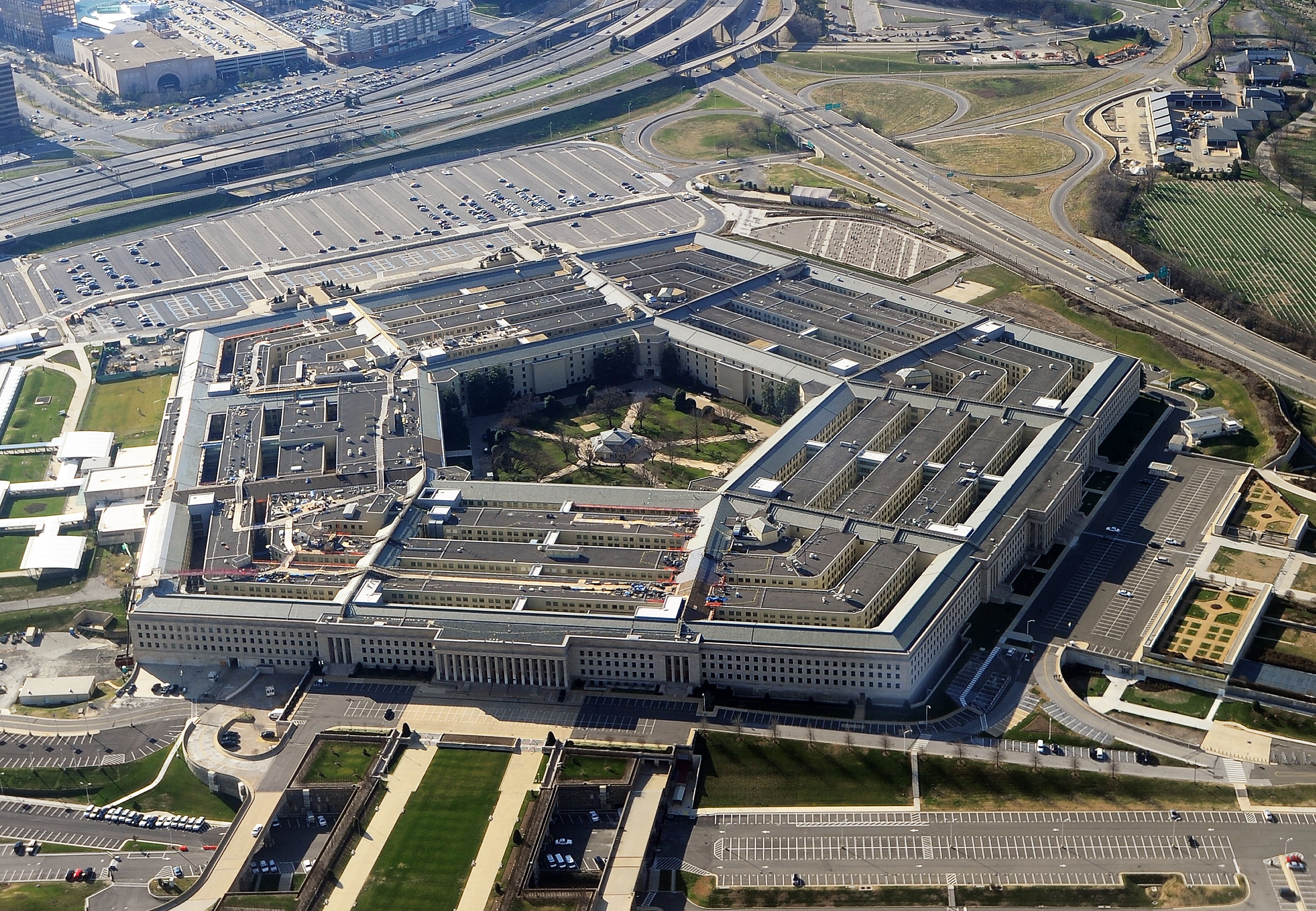
An organizational road map for Pentagon to deter China, win in Ukraine
The Pentagon is woefully unprepared to integrate commercial technologies and private capital at scale.
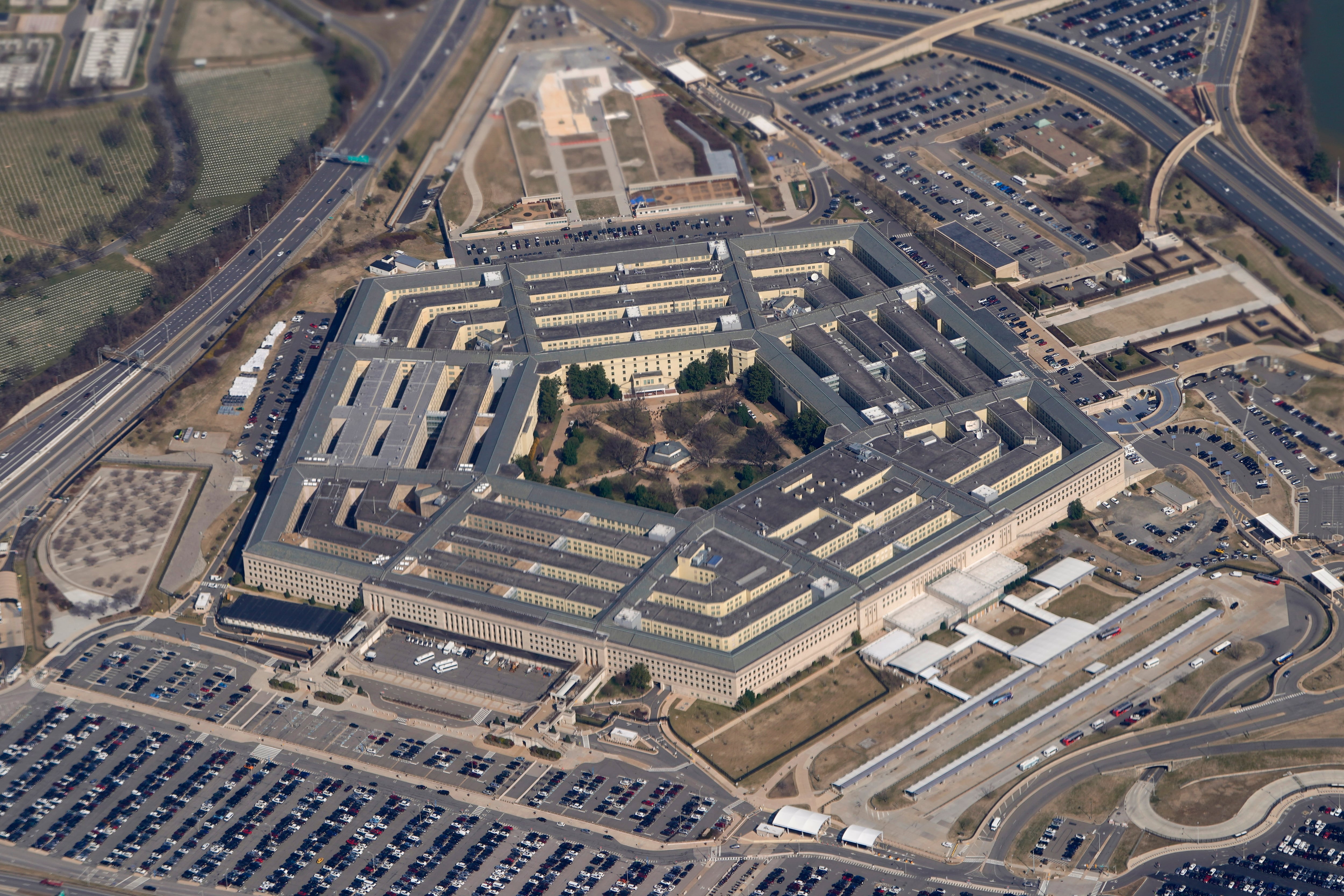
Comply-to-Connect: The roadmap for the Pentagon’s Zero Trust mission
C2C leverages zero trust’s least privilege principles to safeguard access to data.

What’s in the defense wish lists? Unraveling FY24 unfunded priorities
Given the political drama stemming from the FY24 budget request, it is worth investigating what’s not in the president's submission.

Sea power is essential to countering communist China
China is on a fast track to displace America as the world’s dominant naval power.

How to ensure Iranian drones don’t include US components
While the Iranian drone threat may have previously seemed distant for Europe, the appearance of these weapons in Ukraine has brought the problem home.
